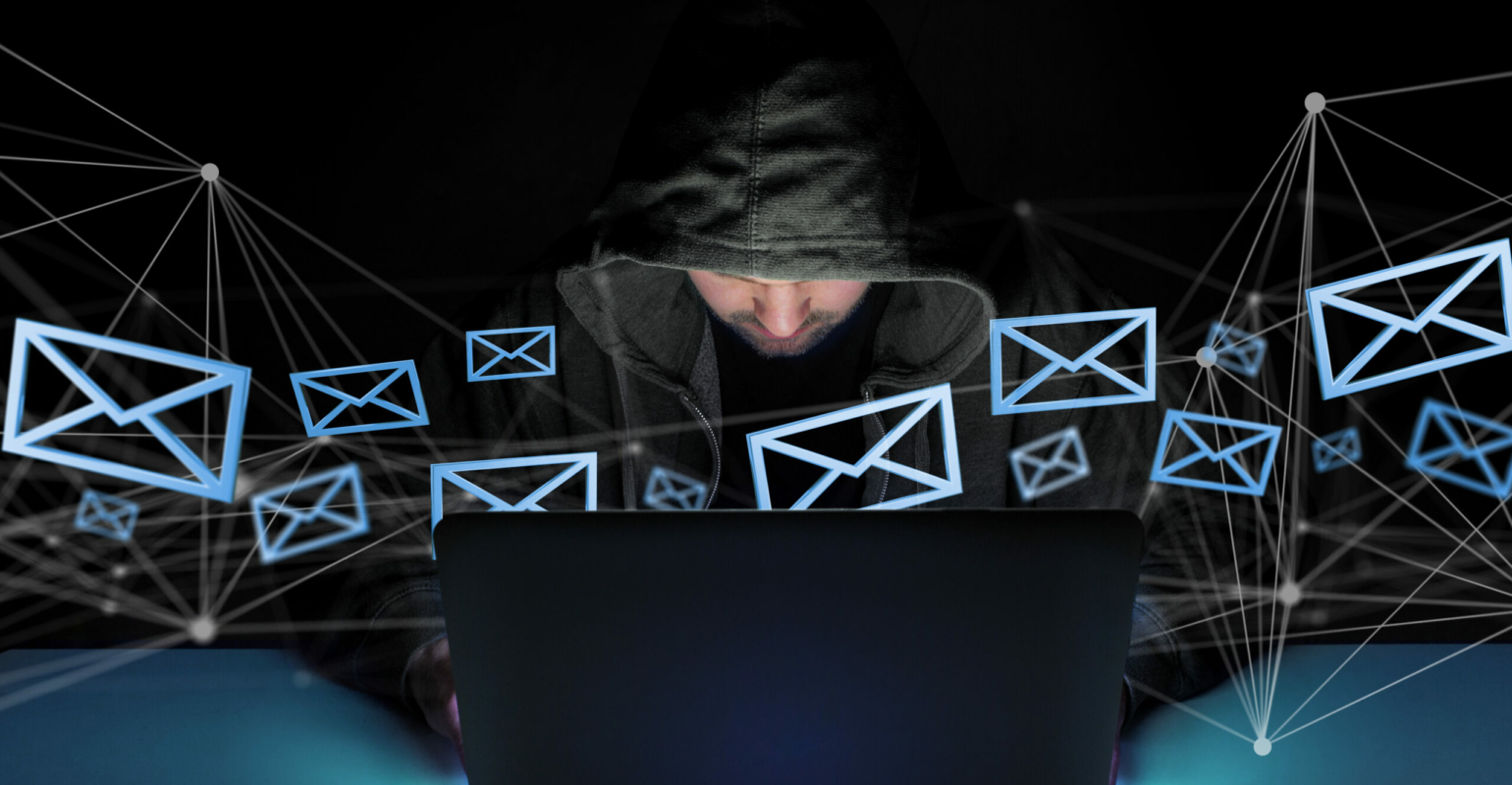When it comes to using the internet, you know how things can go wrong. We all like to think that our online activities are safe and protected. However, the reality is that hacking methods are increasingly creative to get people to clicking fake links. As such, today, we're here to draw attention to the horror stories that occur when people fall for bogus email links and the best tips for fake link prevention.
What Are the Dangers for Business Owners Clicking on Fake links?
An increasing number of businesses are targeted daily to trick them into clicking fake email links. Hacking methods are getting more and more creative. As such, recognizing which email links are legitimate and which are not can be incredibly difficult – and as such, you should always be alert when using communications software to make sure you don't fall into these traps.
Fake links come with numerous associated dangers. That’s why, today, we’ll be looking at a few of the implications that falling for these traps can have.
Loss of Personal Data
You must protect your data at all costs. Personal data includes information such as your name, address, date of birth, and banking info. Hackers use this personal data to target you. Your stolen information can create fake identification and credit cards. This data is also commonly sold on the dark web to bidders who collect personal data of this type.
Consequences associated with the loss of personal data are irritating and a nuisance. However, if hackers use your data for false identification, the consequences for you could be severe. After a breach, you may find yourself in thousands of dollars of debt. Or, quite possibly, your bank account drained. As such, fake links prevention is imperative for protecting yourself from personal data losses.
Financial Data Losses
Financial losses are the most common, as this is the primary goal of the hackers.
One of the most common forms of fake email links is the increase in home deliveries resulting from the Covid-19 pandemic. This trick is a relatively simple scam. Hackers will send texts to thousands of random phone numbers. These texts inform the reader that their delivery failed, and a small redelivery fee is needed to reschedule. This form of fraud is usually opportunistic and low-value. However, some hackers will gather financial data and hack bank accounts or take out loans. This scam, in turn, gives criminals full access to your money. It's easy to see where the risk lies.
Another potential threat from clicking on fake links is that the website could download malware onto your device. Malware can gather data about your personal and financial information. Once again, hackers use the breached data to access your financial records. As we’ve seen, this can lead to substantial losses.
Whether the information is volunteered readily or taken by force, these are risky situations to correct. As such, awareness of the best fake link prevention strategies is everyone's goal.
How to Avoid Fake Links
Fake links are, unfortunately, all too common. Hackers are using these tactics more regularly, and they are also becoming more creative in their attempts. For the average employee, fake link prevention is increasingly difficult. Recognizing these dangerous email links is a genuine challenge for many people. Being aware of avoiding dangerous email links and protecting your precious personal and financial data is more crucial than ever. There is a lot of pressure on employees these days.
Luckily, our team is on hand to give you a few tips to help you avoid falling prey to malicious hackers.
First of all, before clicking any links in messages, emails, or on social media, make sure to check the URL to ensure it looks legitimate. Hackers use this common tactic to convince people to click on a fraudulent link. Often, this will be something as simple as changing the domain from .com to .xyz or .club, or something along these lines. Many people won't recognize this subtle change, so it's always worth checking before clicking unknown links.
Next, check the link's source. If you have any doubts about the sender's legitimacy, navigate to the supposed firm and send a request to their official customer support team. They should be happy to answer whether the email address is a legitimate one.
As a final protection, make sure you have the best defence in place for your device! Having anti-virus software and an updated firewall is crucial protection. Don’t leave this to chance. If you have any questions and need help please contact us. We are happy to help!

